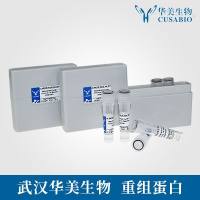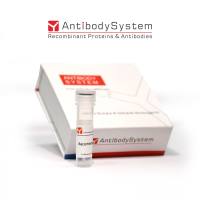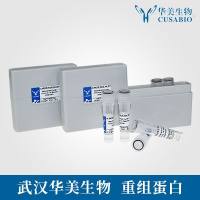Purification of Drosophila Protein Complexes for Mass Spectrometry
互联网
互联网
相关产品推荐

Recombinant-Hordeum-vulgare-High-molecular-mass-early-light-inducible-protein-HV58-chloroplasticHigh molecular mass early light-inducible protein HV58, chloroplastic; ELIP
¥10556

Coronavirus Nucleocapsid重组蛋白|Recombinant SARS-CoV-2 Nucleocapsid-AVI&His recombinant Protein,Biotinylated
¥4520

Anti-EBV/HHV-4 gH & gL Complexes Antibody (AMMO1)
¥2300

Recombinant-Hordeum-vulgare-Low-molecular-mass-early-light-inducible-protein-HV60-chloroplasticLow molecular mass early light-inducible protein HV60, chloroplastic; ELIP
¥9968

Recombinant-Hordeum-vulgare-Low-molecular-mass-early-light-inducible-protein-HV90-chloroplasticLow molecular mass early light-inducible protein HV90, chloroplastic; ELIP
¥9968
相关问答
推荐阅读
Mass Production of Drosophila Embryos and Chromatographic Purification of Native Protein Complexes
Tandem Affinity Purification Combined with Mass Spectrometry to Identify Components of Protein Complexes
Identification of Mammalian Protein Complexes by Lentiviral-Based Affinity Purification and Mass Spectrometry

